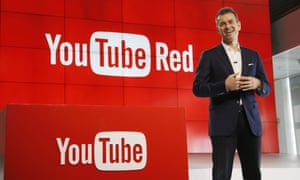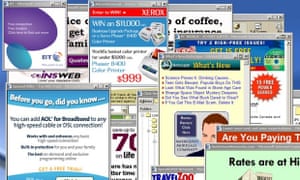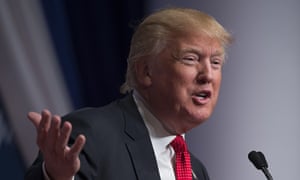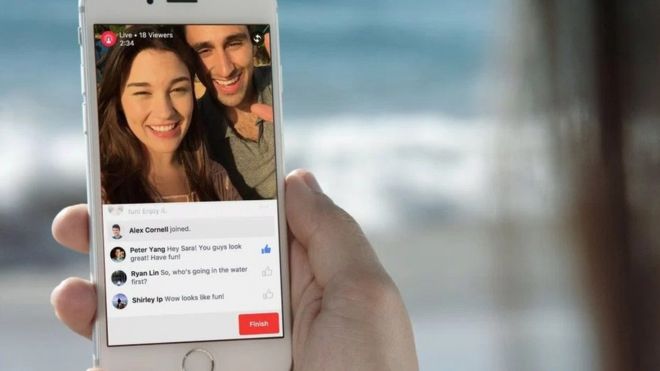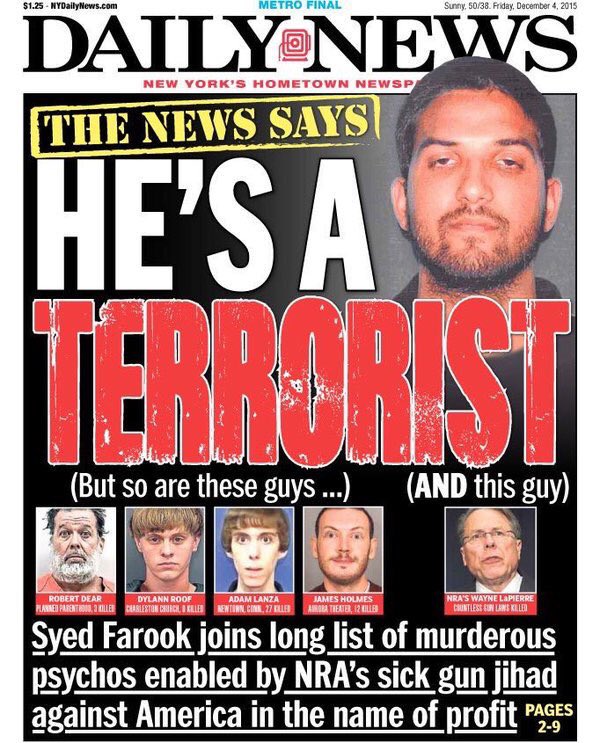Why are respected news brands good news for Twitter?
Respected news brands are good news for twitter as many people search for breaking news via twitter, so if they wanted to find out about genuine, real news, trusted news brands like the BBC will only publish verified stories.
Why in turn is Twitter good for respected news brands?
As twitter connects everyone together, it allows for followers of these news brands to interact with institutions and allows intuitions to interact with their followers. It also allows for much more web hits as twitter only allows for 140 characters, meaning if users are intrigued in a story, they will have to click on the full article.
The report suggests that old and new media “are not, in fact, in direct competition, but often work extremely well together to enhance both the media eco-system and the consumer experience”. What evidence do they provide to support this idea? Do you agree with it?
The report says that newsbrand followers believe that twitter has allowed them to interact with news brands like never before, this means that twitter and the internet has helped traditional news as followers are more likely to read stories they may not have read in print, online.
On page 24/25 of the report, the focus turns to 'gossip' or 'banter'. What example tweets from journalists are used to illustrate this?
Do you think the increasing amount of 'gossip' or 'banter' is harming the reputation of news and journalists?
This section adds some comedy and entertainment for news, it shows how news is evolving and adapting to new and digital media. They are aiming to get as much readers as possible, so by adding this section of tweets, it can bring a new audience.
What does the report say about trust in Twitter and journalists (look at pages 34-39)?
62% of twitter users voted that news brands are the most trusted accounts when looking for news, they may not believe what other people have posted. Also, 69% of people voted that twitter has allowed viewers to interact with journalists like never before.
Finally, do you think new and digital media developments such as Twitter have had a positive or negative impact on traditional newspapers?
I think that twitter has still given a negative affect on traditional newspapers, this is because everyone has switched to new and digital media and traditional newspapers aren't making as much revenue.


